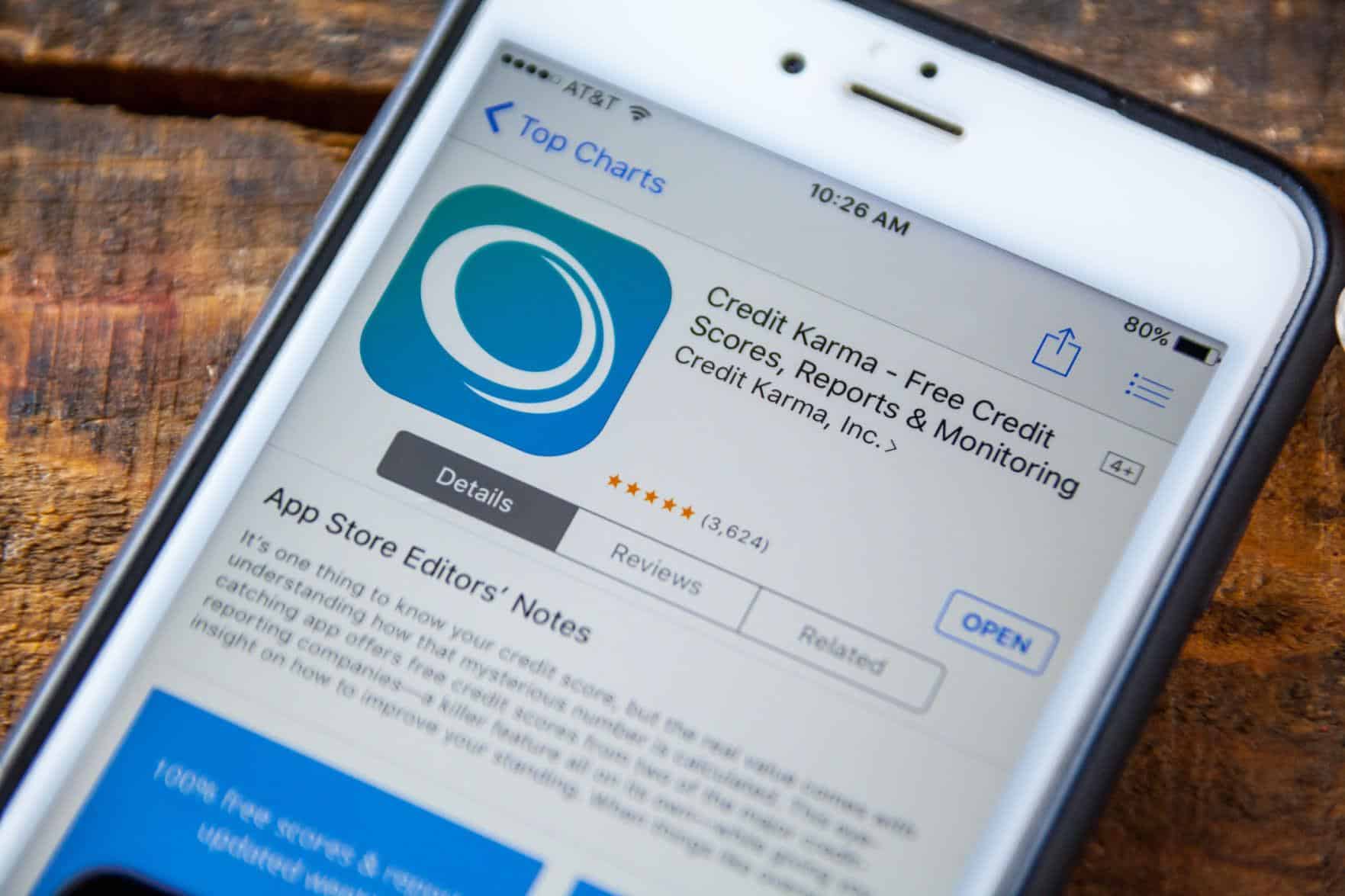Last spring, in response to the coronavirus crisis, the three major credit bureaus — Equifax, Experian and TransUnion — began offering consumers a free credit report at www.annualcreditreport.com every week. But unless the bureaus provide a last-minute extension, the free weekly reports will last only through April.
You’ll still be able to get a free report from each bureau through AnnualCreditReport.com once every 12 months, but you can see your reports for free more frequently through other websites that pull report data with your permission.
If you create an account at CreditKarma.com, for example, you can see updated information from your Equifax and TransUnion reports once a week.
You also can have the site monitor your reports for significant changes, such as the presence of a new loan or credit card, and send you alerts through email or the site’s mobile app. Credit Karma offers free updates of your VantageScore credit scores based on data from each of the two bureaus.
If you would rather get free Equifax and TransUnion reports directly from those bureaus, each offers services through its website.
At www.equifax.com/ personal/products/credit/free-credit-score, you can register for free monthly updates of your Equifax credit report and VantageScore credit score.
And by signing up for Trans-Union’s TrueIdentity at www.transunion.com/product/ trueidentity-free-identity- protection, you get unlimited access to your TransUnion report and credit monitoring alerts.
To check your report from Experian, you can enroll at FreeCreditScore.com. The site provides a new free credit report and FICO credit score based on Experian data every 30 days, as well as credit-monitoring alerts.
To ensure that your reports remain free at any of these sites, skip pitches to upgrade to three-bureau report access or other services, and don’t enter any payment information.
In addition to the yearly credit reports at AnnualCreditReport.com, you’re entitled to a free report from the bureaus in certain other situations, including if you place a fraud alert on your report; your report contains inaccurate information because of fraud; an adverse action has been taken against you because of information in the report; you’re unemployed and expect to apply for employment in the next 60 days; or you receive public assistance.
Regularly checking your credit reports is important in case a lender or other provider furnishes erroneous information to the bureaus, the bureaus mix up your file with that of someone else, or an identity thief opens fraudulent accounts in your name.
If you find a problem, contact the lender or company that provided the faulty data and file a dispute with each credit bureau that is reporting it.

